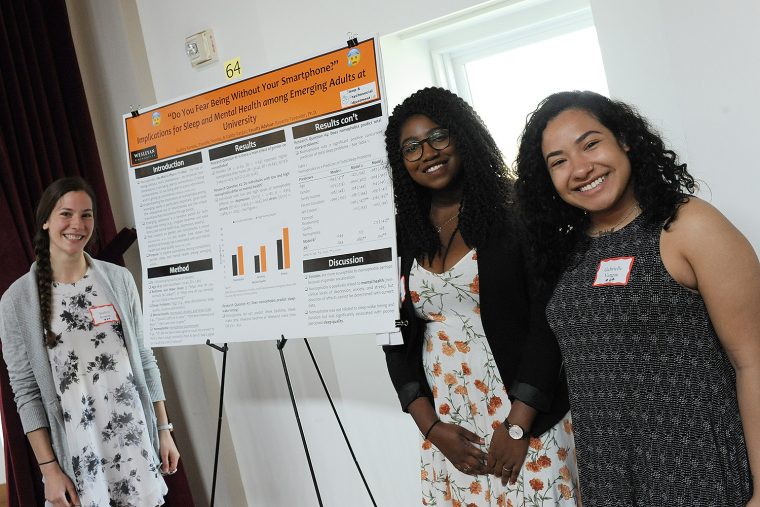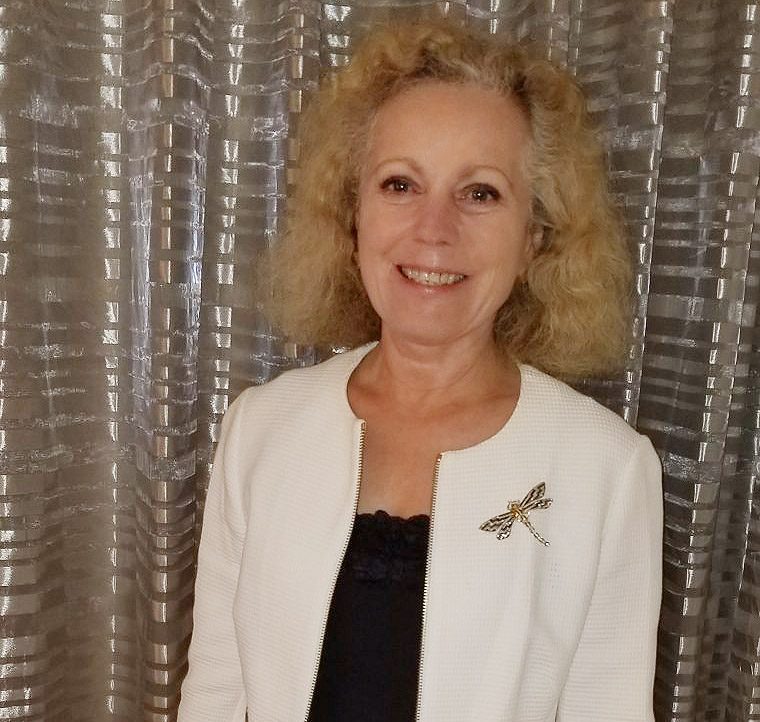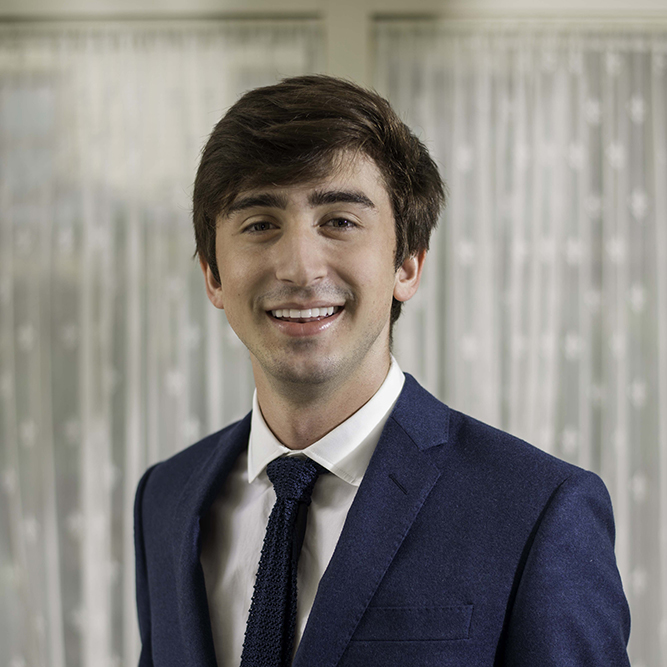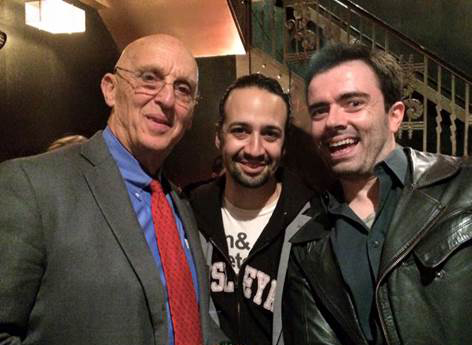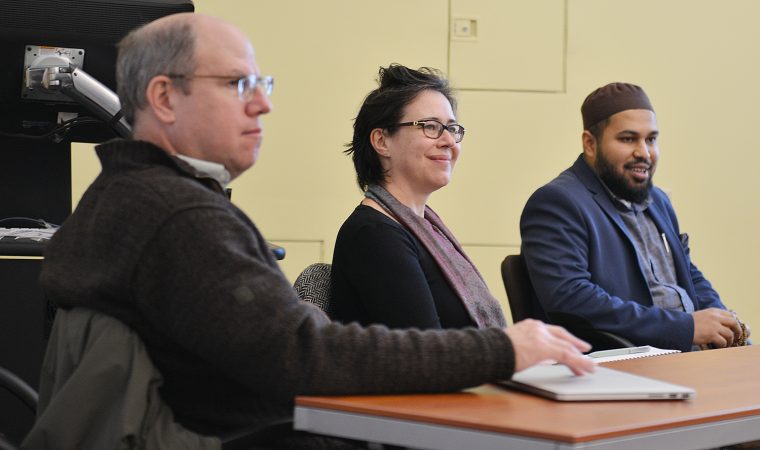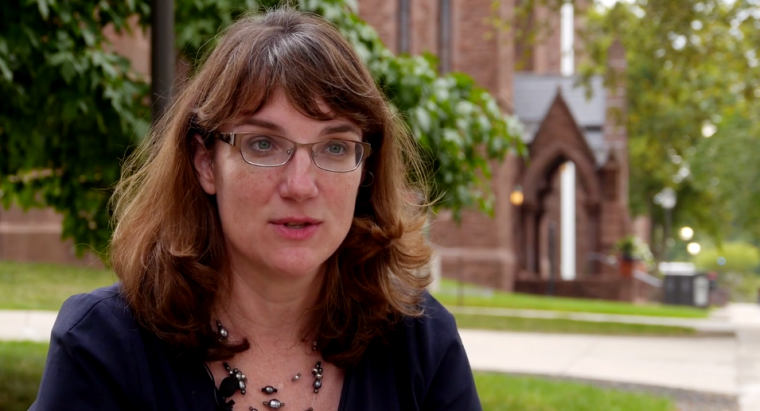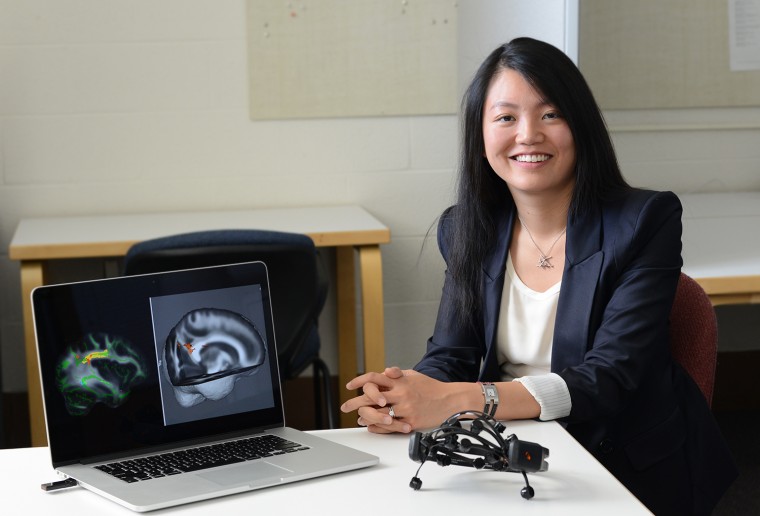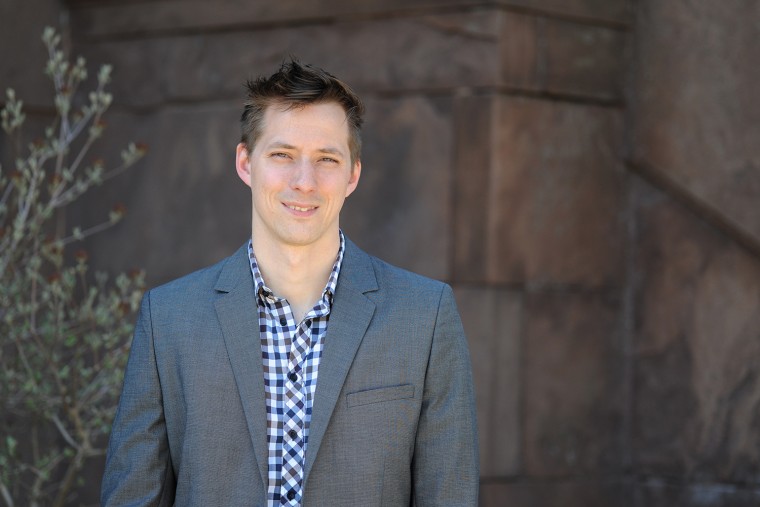(more…)
Ruth Striegel Weissman, the Walter A. Crowell University Professor of the Social Sciences, Emerita, was presented with the Academy for Eating Disorders (AED) Lifetime Achievement Award during a ceremony in Chicago on April 21. The award honors senior AED members for their lifetime of contributions to the field of eating disorders. In presenting the award, Marsha Marcus, professor of psychiatry and psychology at the University of Pittsburgh School of Medicine, spoke of Weissman's "impressive history of NIH-supported research, [which] has led to findings that have elucidated eating disorders risk, epidemiology, classification, psychopathology, treatment, health care policy, and cost-effectiveness." This scholarship "has had…
Casey Herrick ’16, a Houston-based artist and designer, was named a Henry Luce Scholar for 2018. One of 18 scholars selected from among 162 candidates, Herrick will begin with an orientation in New York starting in June, before the cohort embarks for Asia. The Henry Luce Foundation was established in 1936 by Henry R. Luce, the co-founder and editor-in-chief of Time Inc., to honor his parents, who were missionary educators in China. The Luce Scholars Program was launched in 1974 to “enhance the understanding of Asia among potential leaders in American society.” Upon his graduation from Wesleyan, Herrick, who majored in studio art…
Hilary Jacobs Hendel ’85, P’18, a licensed psychoanalyst and certified Accelerated Experiential Dynamic Psychotherapy (AEDP) therapist and supervisor, is the author of It's Not Always Depression (Random House and Penguin UK, 2018). She'll be speaking at Wesleyan RJ Julia Bookstore, at 7 p.m. on March 1, about a psychotherapeutic tool she calls the Change Triangle, a guide to carry people from a place of disconnection back to their true self. It's a step-by-step process to work with emotions to minimize stress and move toward authentic living. Through moving, persuasive stories of working the Change Triangle with her own patients, Hendel teaches us…
Professor of Psychology Emeritus Karl Scheibe recently published two new books, The Storied Nature of Human Life: The Life and Works of Theodore R. Sarbin (co-written with Frank J. Barret), which, he says, “sets the tone” for the second, Deep Drama: Exploring Life as Theater, a collection of recent essays. The latter book's final piece, “The Wisdom of Hamilton,” recalls Scheibe’s first meeting with Lin-Manuel Miranda ’02, his advisee in the autumn of 1998, and then explores the psychological depth and truth within Miranda’s award-winning Broadway musical. Miranda had been a member of Scheibe’s course, A Dramaturgical Approach to Psychology, in the…
In this recurring feature in The Wesleyan Connection, we highlight some of the latest news stories about Wesleyan and our alumni. Recent Wesleyan News 1. President Michael Roth publishes op-eds in The Washington Post titled, "We can't let cynics ruin college," and "What is college for? (Hint: It's not just about getting in.)." He also sat for an "On Leadership" interview with The Chronicle of Higher Education. 2. The Conversation: "The dangerous belief that white people are under attack" Assistant Professor of Psychology Clara Wilkins writes about her research on perceptions of reverse discrimination in light of recent societal trends. 3. Marketplace: "Here comes the tax bill…
An article by Barbara Juhasz, associate professor of psychology, associate professor of neuroscience and behavior, has been published in the January 2018 edition of the Quarterly Journal of Experimental Psychology. The study, titled "Experience with compound words influences their processing: An eye movement investigation with English compound words" appears in Issue 71, pages 103–12. Recording eye movements, Juhasz explains, provides information on the time-course of word recognition during reading. Eye movements also are informative for examining the processing of morphologically complex words such as compound words. In this study, Juhasz examined the time-course of lexical and semantic variables during morphological processing.…
Lisa Dierker, the Walter Crowell University Professor of Social Sciences, professor of psychology, is teaching a digital intro version of the introductory psychology course (PSYC105), focused on learning social science content through digital and video storytelling projects. The pilot is funded by the Davis Educational Foundation.
(more…)
Lisa Dierker, the Walter Crowell University Professor of Social Sciences, professor of psychology, is the author of a new article, "Falling in Love with Statistics: Shaping Students' Relationships With Data." It was published in October in Scientia, a site that seeks to open a dialogue between science and society. Dierker writes about the novel approach, called Passion-Driven Statistics, that she and her team at Wesleyan developed to teach statistics and data analysis to students from diverse backgrounds. According to the article, it is a "multidisciplinary, project-based approach that is both supportive and engaging for students at all levels of statistical mastery and those coming from diverse educational…
Psyche Loui, assistant professor of psychology, assistant professor of neuroscience and behavior, assistant professor of integrative sciences, co-authored a new article published in the December 2017 issue of Brain and Cognition. The paper is titled, "Jazz Musicians Reveal Role of Expectancy in Human Creativity." Loui and her colleagues found that within one second of hearing an unexpected chord, there is a world of differences in brain responses between classical and jazz musicians. (more…)
Writing in The Conversation, Assistant Professor of Psychology Mike Robinson looks to the brain to explain the real reason that some people become addicted to drugs. Robinson, who also is assistant professor of neuroscience and behavior, assistant professor of integrative sciences, begins by debunking two popular explanations for drug addiction: that compulsive drug use is simply a "bad habit," and that overcoming the unpleasant withdrawal symptoms is too hard for some addicts. While pleasure, habits and withdrawal can play a role in drug use, Robinson says, the true reason for addiction can be explained by the psychological differences between "wanting" and "liking." (more…)


